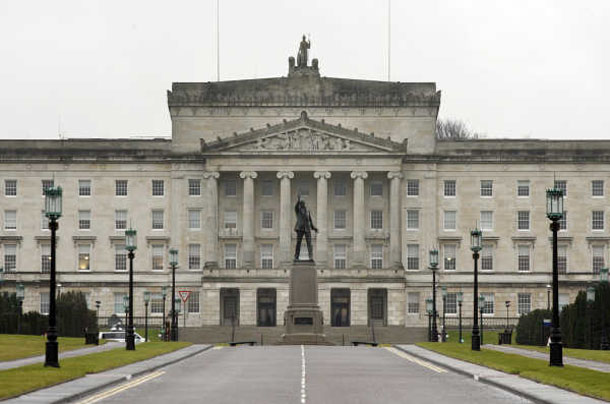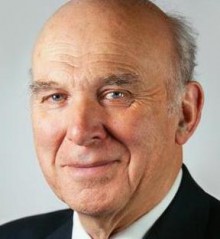9 October 2014
New model required to rebalance North’s economy

CHANCELLOR of the Exchequer George Osborne last week announced further £25billion of cutbacks in welfare support and unprotected Government department spending.
Since taking power in 2010, the Tories have led a concerted attack on public services and the welfare state. Successive Tory governments from 1979 have been wedded to reduction of public expenditure and services, attacks on welfare, wholesale privatisation, pro-rich tax reforms, and economic deregulation, particularly in the financial sector.
Deregulation of financial services was a major contributor to the economic and social crisis in 2008. The Tories, in coalition with the Liberal Democrats, have exploited the crisis and resulting deficit to drive forward an austerity agenda. They reject a role for government in maintaining a caring society.
Significantly, Vince Cable, Liberal Democrats Coalition minister (Secretary of State for Business, Innovation and Skills), said on Monday:
“The Tories are ideologically obsessed by cuts because they see it as a way of destroying public services and the welfare state, which they detest.”
♦︎
Tory cutbacks are having a disproportionately more negative impact in the North.
Recently, Democratic Unionist Party, Alliance and Ulster Unionist Party politicians have blamed cuts to public services on non-implementation of welfare cuts. They and sections of the media ignore the scale of reduction in our Block Grant since 2010. It has been slashed by £3.6billion cumulatively in the financial period 2010-2015. Current and capital Departmental Expenditure respectively is now £730million and £345million less than 2010 in real terms.
It is absolutely wrong to blame the escalating budget crisis hitting Executive departments and public services upon the £87million fine demanded because Sinn Féin and others oppose welfare cuts.
Welfare cuts and Osborne’s new £25billion cutbacks will be in addition to the existing austerity programme, set to climax in 2015, as outlined above.
Deputy Prime Minister Nick Clegg (in contrast to his Liberal Democrats colleague Vince Cable’s remarks), said last weekend that welfare cuts were an economic reality to be faced in the North – that is to say the working poor and most vulnerable here are financially liable for the deficit caused by the banking crisis.
Our private sector is too small. The banks are still starving small and medium-sized enterprises.
Sixteen years on from the Good Friday Agreement, the poorest areas remain so.
An entirely new model is needed to rebalance and support the economy in the North. We are a society emerging from conflict with a legacy of structural under-investment and an all-island economic reality.
Those who have chosen to roll over and accept the British Tory-imposed fiscal and economic status quo are avoiding the real strategic, economic, and political decisions and opportunities which need to be grasped in the North.
Follow us on Facebook
An Phoblacht on Twitter
Uncomfortable Conversations

An initiative for dialogue
for reconciliation
— — — — — — —
Contributions from key figures in the churches, academia and wider civic society as well as senior republican figures






